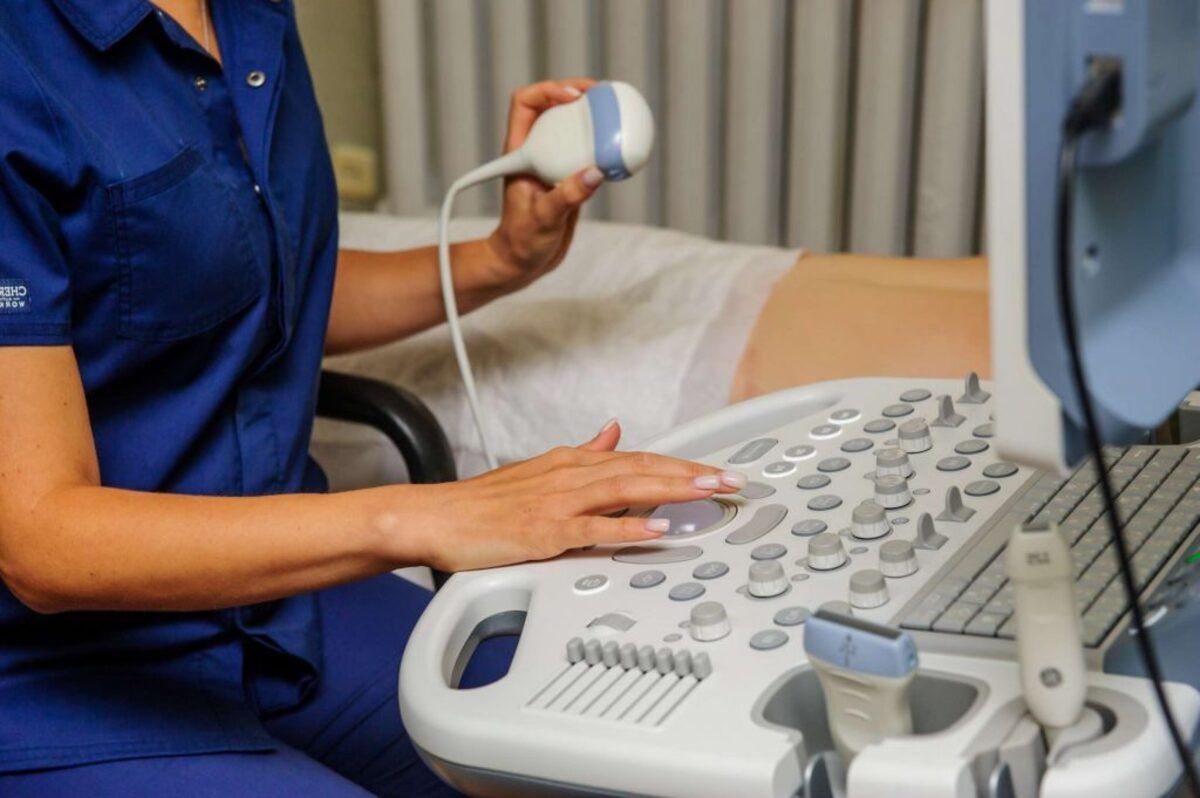
Hiccups are a common and often amusing bodily function that can take us by surprise. Despite being a widespread occurrence, there's still much to learn about hiccups. In this article, we'll delve into 11 fun and fascinating facts about hiccups that you probably didn't know. From the science behind hiccups to some quirky and surprising tidbits, we'll explore the ins and outs of this curious reflex. So, sit back, relax, and prepare to be entertained and enlightened by these intriguing facts about hiccups. Let's dive in and uncover the mysteries behind this familiar yet enigmatic bodily reaction. Now, let's embark on this hiccup-filled journey and discover what makes this quirky phenomenon so fascinating.
Key Takeaways:
- Hiccups can be caused by a full stomach, and they are more common in men than in women. Babies can even get hiccups before they are born, and hiccups are a reflex action triggered by excitement or stress.
- Holding your breath is a common hiccup remedy, and hiccups usually resolve on their own. There are countless home remedies for hiccups, but chronic hiccups may indicate an underlying medical condition.
Hiccups can be caused by a full stomach.
Ever wonder why hiccups seem to strike after a big meal? Well, here’s the reason – when your stomach is full, it can push up against your diaphragm, causing it to spasm and resulting in those pesky hiccups. So, the next time you find yourself hiccuping after a delicious feast, you’ll know why!
Hiccups are more common in men than in women.
Yes, it’s true! Studies have shown that men tend to experience hiccups more frequently than women. While the exact reason for this discrepancy is not entirely clear, it’s an interesting observation about the prevalence of hiccups among different genders.
Babies can get hiccups even before they are born.
Surprisingly, hiccups can start in the womb! It’s not uncommon for expectant mothers to feel their babies hiccuping during pregnancy. This involuntary reflex is a normal part of fetal development and is generally not a cause for concern.
Hiccups are a reflex action.
When the phrenic and vagus nerves are stimulated, it can lead to the sudden contraction of the diaphragm, causing a hiccup. This reflex action is similar to the way your knee jerks when the doctor taps it with a rubber hammer. It’s your body’s way of responding to certain triggers, resulting in the familiar “hic” sound.
Hiccups can be triggered by excitement or stress.
Have you ever found yourself hiccuping in moments of excitement or high stress? Well, it’s not uncommon! Strong emotions can stimulate the nerves that control the diaphragm, leading to a bout of hiccups. So, the next time you’re feeling a little jittery, don’t be surprised if the hiccups pay you a visit!
Holding your breath is a common hiccup remedy.
One popular method for getting rid of hiccups is to hold your breath for a short period. This technique is thought to help reset the breathing pattern and alleviate the diaphragm spasms that cause hiccups. While it may not work for everyone, it’s worth a try the next time you’re struggling to shake off those persistent hiccups.
Hiccups usually resolve on their own.
Most cases of hiccups are short-lived and will stop on their own without any intervention. While they can be annoying, especially if they occur frequently, rest assured that they are typically harmless and will pass with time. However, if hiccups persist for an extended period, it’s advisable to seek medical attention.
Hiccups have been the subject of scientific study for centuries.
Throughout history, hiccups have fascinated scientists and medical experts, leading to numerous studies and theories about their causes and potential remedies. From ancient civilizations to modern research institutions, the phenomenon of hiccups has captured the curiosity of many in the scientific community.
There are countless home remedies for hiccups.
From sipping water from the far side of a glass to consuming a spoonful of sugar, there are numerous home remedies that people swear by for relieving hiccups. While scientific evidence supporting these methods may be limited, they continue to be passed down through generations as go-to solutions for tackling those unexpected hiccups.
Chronic hiccups can be a sign of an underlying medical condition.
While most cases of hiccups are harmless and temporary, persistent or chronic hiccups could indicate an underlying health issue. Conditions such as gastroesophageal reflux, central nervous system disorders, or irritation of the diaphragm can lead to prolonged hiccups, warranting medical evaluation to address the root cause.
Hiccups are more common in some cultures than others.
Interestingly, the frequency of hiccups can vary across different cultures and regions around the world. While hiccups are a universal experience, certain cultural practices and beliefs may influence the perception and management of hiccups in diverse societies, adding an intriguing layer to the understanding of this common yet curious occurrence.
Conclusion
Hiccups are a common and usually harmless phenomenon, but they can be quite annoying. From newborns to the elderly, hiccups can affect anyone at any time. Although there are numerous folk remedies and old wives’ tales about curing hiccups, there is no foolproof method to stop them. However, understanding the causes and triggers of hiccups can help alleviate them. In most cases, hiccups will resolve on their own without any medical intervention. If hiccups persist for an extended period, it’s essential to seek medical advice to rule out any underlying health issues. Despite the discomfort they cause, hiccups are a fascinating reflex of the human body that continues to puzzle scientists and medical experts.
FAQs
What causes hiccups?
Hiccups are caused by the involuntary contraction of the diaphragm, followed by the sudden closure of the vocal cords, resulting in the “hic” sound.
Are hiccups harmful?
In most cases, hiccups are harmless and resolve on their own. However, persistent hiccups can be a sign of an underlying medical condition and should be evaluated by a healthcare professional.
Can hiccups be a symptom of a serious health issue?
Yes, persistent hiccups can be a symptom of various health issues, including nerve damage, gastrointestinal disorders, or central nervous system disorders.
How long is too long for hiccups to last?
Hiccups that last for more than 48 hours are considered persistent and should be evaluated by a healthcare professional.
Are there any proven remedies for hiccups?
While there is no foolproof cure for hiccups, various remedies such as holding your breath, drinking water, or stimulating the throat can help alleviate them.
Can hiccups be a sign of a heart attack?
Hiccups alone are not a typical symptom of a heart attack. However, if hiccups are accompanied by chest pain, shortness of breath, or other concerning symptoms, seek immediate medical attention.
Was this page helpful?
Our commitment to delivering trustworthy and engaging content is at the heart of what we do. Each fact on our site is contributed by real users like you, bringing a wealth of diverse insights and information. To ensure the highest standards of accuracy and reliability, our dedicated editors meticulously review each submission. This process guarantees that the facts we share are not only fascinating but also credible. Trust in our commitment to quality and authenticity as you explore and learn with us.


